Understanding Japanese Car Fuses
Japanese car fuses are essential components in automotive electrical systems, designed to protect circuits from overcurrent and prevent potential damage to electronic devices. These fuses are tailored to safeguard against the consequences of short circuits, especially in scenarios with high fault currents or when delicate components are involved.
Types and Applications
There is a variety of japanese car fuses tailored to different applications. Blade fuses are commonly used due to their easy installation and compact size, making them suitable for space-constrained areas. Glass tube fuses are another type, often employed for their clear casing which allows for quick inspection of the fuse's condition. The applications of these fuses span across various electrical systems within a vehicle, from the lighting and audio systems to more critical components like engine controls and safety features.
Features and Materials
The construction of japanese car fuses involves materials that ensure precise melting points, such as zinc, copper, and aluminum. These materials are chosen for their electrical and thermal conductivity, ensuring reliable operation. Features of these fuses include their compact design, which allows for efficient use of space, and the color-coding system that simplifies identification of the fuse's current rating.
Advantages of Japanese Car Fuses
One of the primary advantages of japanese car fuses is their maintenance-free nature. Unlike other protective devices, fuses do not require regular adjustments or cleaning, as they lack moving parts that could succumb to wear or contamination. Additionally, their durability is a key benefit, as they consistently perform over time without a decline in response time or protective capabilities.
Selection Criteria
When selecting a japanese car fuse, it is crucial to consider the current rating and breaking capacity. The current rating indicates the maximum current the fuse can handle, while the breaking capacity refers to the maximum interruptible current. Ensuring that the fuse's breaking capacity meets or exceeds the potential short circuit current in the circuit is vital for optimal protection.
Explore a Wide Range on Alibaba.com
For those in need of japanese car fuses, Alibaba.com offers a diverse selection from various suppliers. The platform facilitates the discovery of fuses that meet specific requirements, providing a convenient and efficient sourcing solution for businesses worldwide.

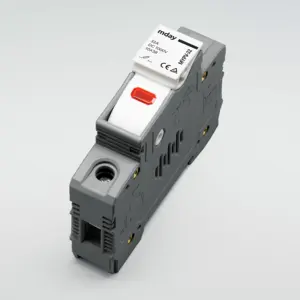


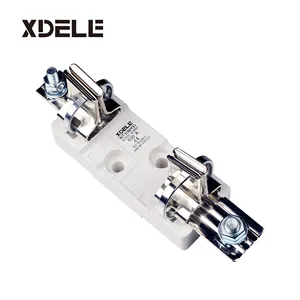








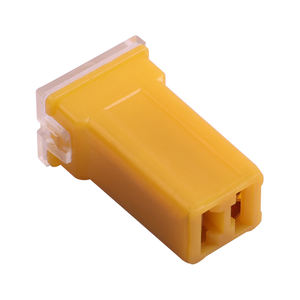
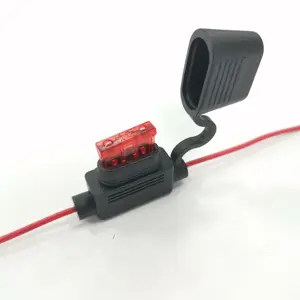

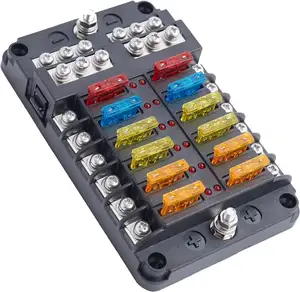


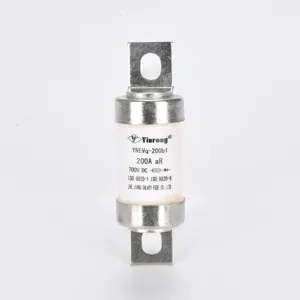


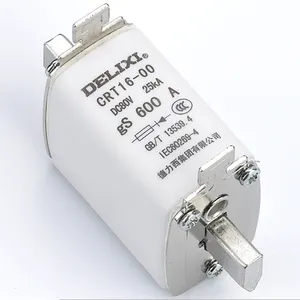



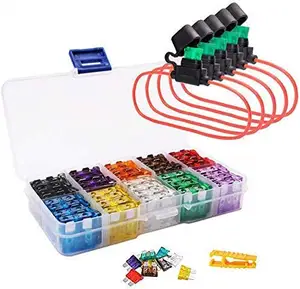

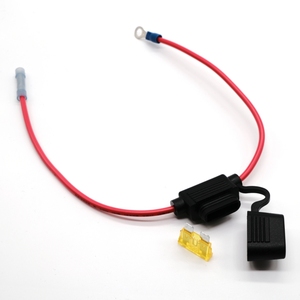



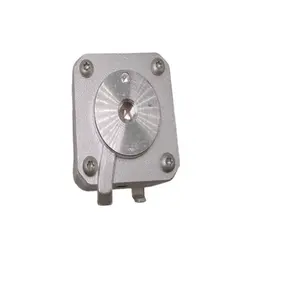

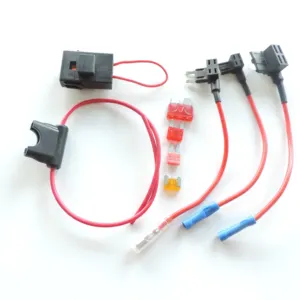






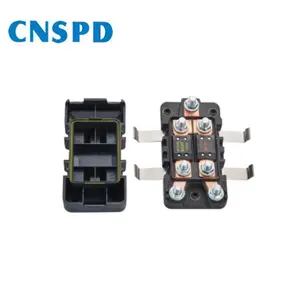
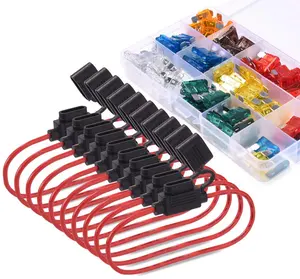
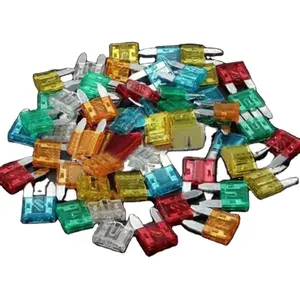
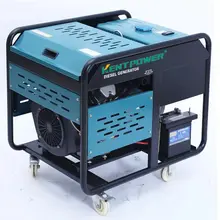


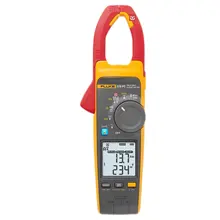
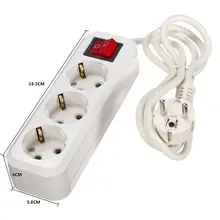
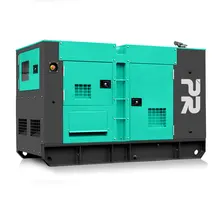

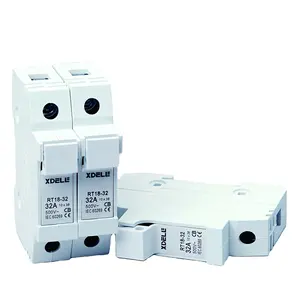




















 浙公网安备 33010002000092号
浙公网安备 33010002000092号 浙B2-20120091-4
浙B2-20120091-4